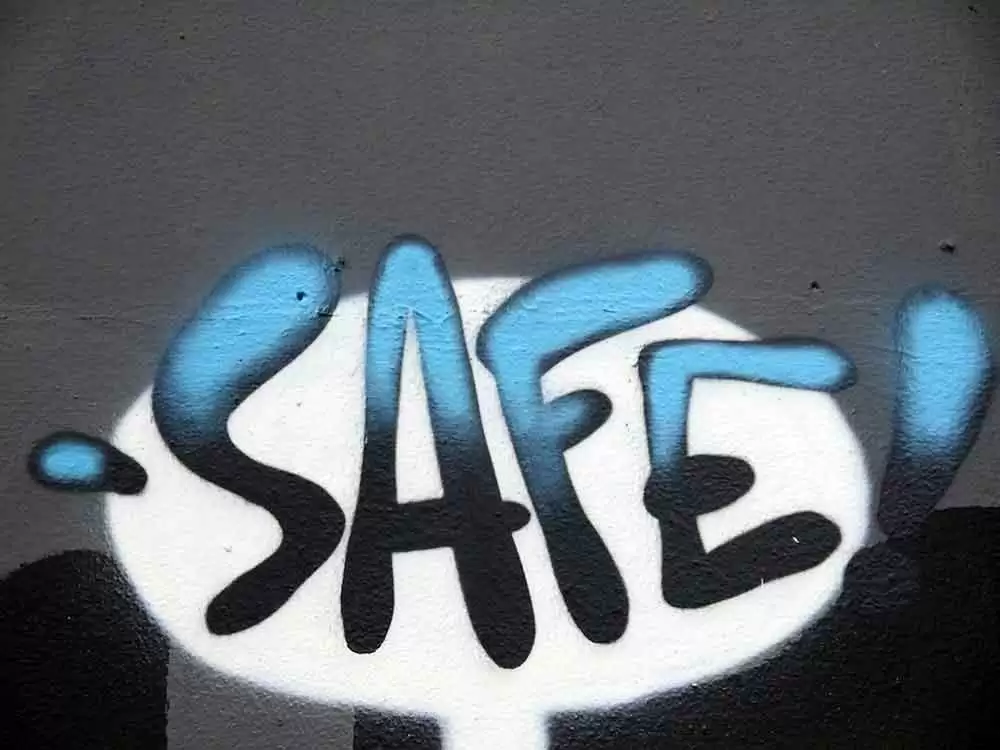Celiac.com 12/10/2000 - As reported in Ann Whelans September/October issue of Gluten-Free Living, the American Dietetic Association (ADA) has released the 6th edition of its Manual of Clinical Dietetics, which offers revised guidelines for the treatment of celiac disease. This manual is currently used by hospitals and doctors all over North America, and represents the most up-to-date source of information with regard to the dietary treatment of various illnesses. The new standards set in this publication conform more closely with current international standards. Included on their safe list are items that have been on Celiac.coms safe list for over five years, including: amaranth, buckwheat, distilled vinegar (no matter what its source), distilled alcoholic beverages (including rum, gin, whiskey and vodka), millet, quinoa and teff.
Celiac.com Sponsor (A12):
A team of American and Canadian dietitians wrote the new gluten-free guidelines, including: Shelley Case, RD, Mavis Molloy, RD, Marion Zarkadas, M.Sc.RD (all from Canada and all members of the Professional Advisory Board of the Canadian Celiac Association), and Cynthia Kupper, CRD, CDE (Executive Director of the Gluten Intolerance Group and celiac). Additional findings of this team regarding buckwheat and quinoa contradict what has been accepted as common knowledge for years by some US support groups, mainly that these two grains are more likely to be contaminated by wheat than other grains. In fact, according to the team, buckwheat and quinoa are far less likely to be contaminated than most other grains.
At the most basic level the new guidelines mean that celiacs do not need to avoid foods containing unidentified vinegar or distilled alcohol, this alone will allow much more freedom when shopping or eating out. Further, celiacs who drink alcohol will have much more freedom and a far greater choice when they want to have a drink. Additionally, celiacs will be able to more easily maintain a well-rounded and nutritious diet because they will have access to a far greater number of highly nutritious and safe grains.
The ADAs 6th edition of the Manual of Clinical Dietetics represents the first time that Canadian and United States dietary guidelines have come together to create a united North American gluten-free standard, and will hopefully lead to the adoption of a single standard by all US support groups so that hundreds of thousands of celiacs will not have to unnecessarily exclude more foods than necessary. These new guidelines go a long way towards an international standard, which should be the ultimate goal for all celiacs and celiac organizations in the world.





Recommended Comments